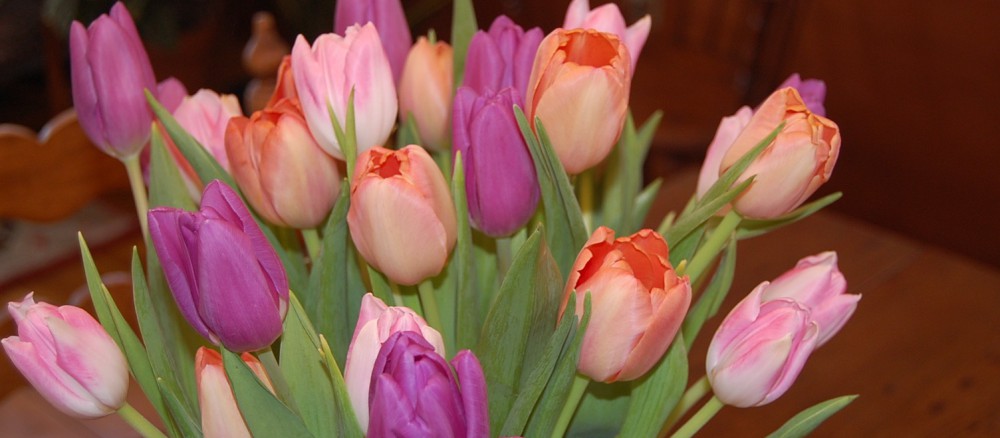My son is a genius at spotting patterns and systems in sports and economics, but the rules for spelling the English language just never stuck with him, although he did admit that during most of his elementary years, he didn’t try very hard, so there’s that, too.
In my efforts to find ways to help him—we homeschooled so that was my job—I read that all the words that start with “wr” have some sort of twisting action in them. There was more truth to that than I realized at the time.
Bear with me while I compile a list of “wr” words from my thesaurus (Am I the only one who prefers a thesaurus to a dictionary? But that is a different topic):
Wrangle: quarrel, scrap, brawl
Wrap: envelope, wind, bundle
Wrath: rage, ire, fury
Wreathe: circle, ring, girdle
Wreck: ruin, smash, demolish
Wrench: tweak, twist, wring
Wrest: exact, extort, squeeze
Wretched: desolate, forlorn, miserable
Wriggle: twist, wiggle, squirm
Wring: squeeze, choke, throttle
Wrinkle: crease, pucker, rumple
Wrist: you know, but it does its share of wrapping, wrenching and wringing
Writhe: twist, suffer, pain
Wrong: injure, damage, harm
Oh, and there’s this one, too:
Write: put down, set down, jot down, note, keep in touch, communicate, doodle, dash off, inscribe, compose, draft, pen, scrawl.
Back when I was a teacher of spelling, among other things, I didn’t understand the irony. Now that I’ve taken up writing—or, more accurately, now that it has taken up with me—I can only laugh at the breezy synonyms. Has my thesaurus failed me?
Sure, there are times when the words fall out of the air, when I’m in touch with my creativity, my muse, the flow, whatever you want to call it. I am drafting, communicating, dashing off whole sentences—paragraphs! pages!—with grace and ease.
But there are more than enough times when writing is an amalgamation of all the other “wr” words. I notice that “wrack” is not there—I am often wracked by self-doubt. There are significant moments of wretchedness and mental hand-wringing.
So maybe “write” isn’t such an outlier, after all. As a writer, I now have more appreciation for the iceberg of hidden effort that goes into a finished piece. Maybe, to reflect more accurately the realities of the work of writing, we should spell it “wrork.”
